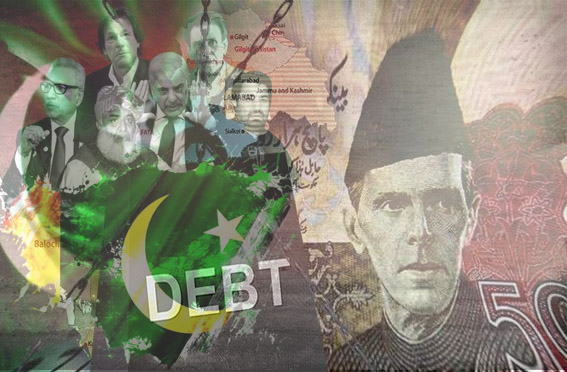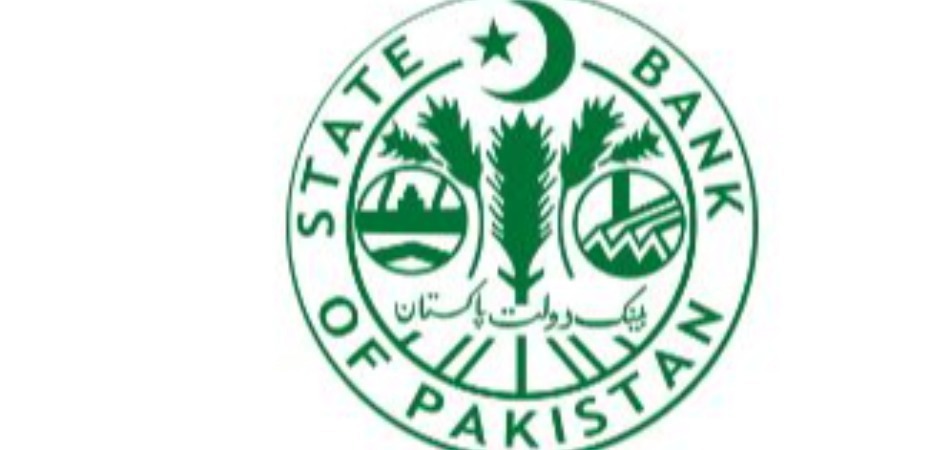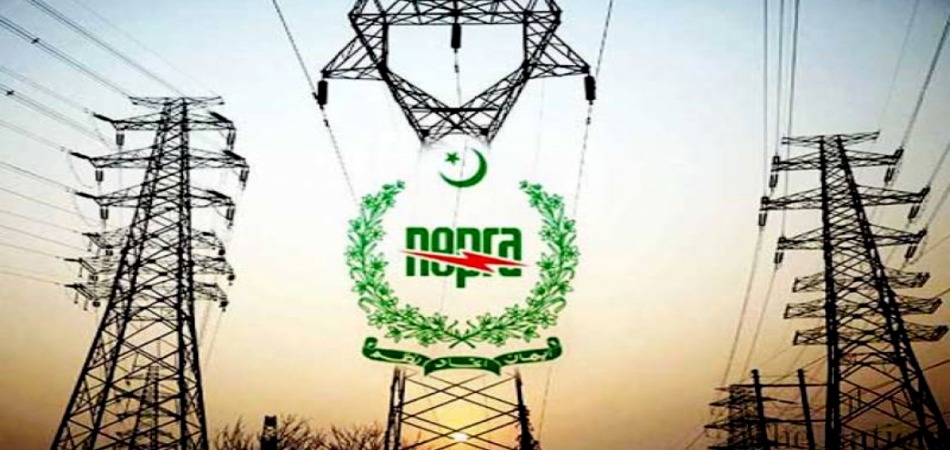Geopolitical unrest hit Pakistan’s economy hard

By MG News | September 03, 2024 at 10:53 AM GMT+05:00
September 03, 2024 (MLN): The impact of geopolitical unrest, including the Russian-Ukraine war on the economy of Pakistan remained significant in 2023 mainly due to high fuel prices, said the finance ministry.
In its fifth quarterly performance report to the Asian Development Bank (ADB) on $1.5 billion Building Resilience with Active Country-cyclical Expenditures (BRACE) released on Monday, the ministry of finance said fuel prices have relatively high multiplier effects and high fuel prices can cause reduction in economic activity across different sectors.
High fuel prices not only reduce the direct consumption of petroleum products but also shrink other sectors such as electricity production, industrial demand, goods transportation, travelling, mining, construction, and many others.
The finance ministry further highlighted that after fuel, edible oil has the most impact on the GDP and household consumption, but it is almost double for the poor.
Due to the relatively higher elasticity of oil with its price, demand shock is greater than wheat and almost double in poor households, it highlighted.
As Pakistan remains largely dependent on imported palm oil (all from Malaysia and Indonesia), it remains highly prone to any upward shock in prices and can also cause deterioration in the healthy diet structure of children, it said.
Moreover, it said that the Russian-Ukraine war crisis has a serious impact on poverty that can increase the burden on the already tightened fiscal space.
Post-Disaster Needs Assessment Report of the 2022 floods, released by Ministry of Planning, Development & Special Initiatives stated that the national Poverty rate may increase by 3.7-4.0% by pushing 8.4-9.1 million more people into poverty due to devastating calamity.
Any potential cash handouts or expansion of Benazir Income Support Programmes (the existing transfer payment program) can further increase the existing high fiscal deficits, it added.
Furthermore, rising inflation, particularly food inflation (highest in the history of Pakistan), increase in administered prices of petroleum products, electricity, and gas and continuous depreciation of the country's currency have a negative impact on household consumption which will lead to greater poverty, particularly in rural areas.
Lastly, the finance ministry highlighted that while the global crisis, because of the Russian-Ukraine War, was expected to result in slowing down the economic growth in Pakistan, its adverse impact on poverty, food insecurity and deteriorated diet quality are likely to be more pronounced.
However, the cataclysmic floods in 2022 in Pakistan affecting 33m people and 1.8m hectares of cropland across the country; damaging cotton and rice crops, perishing to 1.16m as per the NDMA Post-Disaster Needs Assessment Report of 2022 floods and major damages to public infrastructure and private properties will lead to lower economic growth in FY2023, higher poverty and food insecurity, and worsened diet quality, especially in rural areas.
On the fiscal front, despite encouraging revenue performance, the expenditure side remained under pressure during Oct-Dec 2023 attributed to higher markup payments.
However, government measures to control non-mark up spending helped in improving the primary surplus during the first six months of FY2024.
The overall fiscal deficit widened by 2.3% of GDP, while the primary surplus improved by 1.7% of GDP during Jul-Dec FY2024.
To note, the full fiscal year 2024 data was separately released by the finance ministry early in May, which showed Pakistan's fiscal deficit narrowed to 6.8% of gross domestic product in the fiscal year 2023-2024, as compared to 7.7% of GDP last year.
During the first half of FY 2024, Federal Board of Revenue (FBR) revenues grew by 30% to reach Rs4,469bn against Rs3,429bn in the same period of last year. Non-tax revenue witnessed a growth of 108.8%.
The budgeted versus actual expenditures position showed that 19% of annual allocated budget is utilised during the first quarter of fiscal year 2024, the report noted.
No subsidy has been budgeted for providing subsidized gas to export oriented Industries, it said.
Henceforth, no subsidy has been released during the first quarter of fiscal year 2023-24.
Pending claims of Sui Northern Gas Pipeline (SNGPL) and Sui Southern Gas Company Limited (SSGC) amounting to Rs730m for providing subsidized RLNG to export sector during 2022-2023 are yet to be cleared.
This amount has been re-appropriated from the budgeted subsidy for “RLNG Diversion to Domestic Sector” and henceforth the pending have been cleared.
No program or project was assigned to Pakistan Agricultural Storage and Services Corporation (PASSCO) under ADB funded BRACE program so no allocation was made during FY 2024.
The budget for “subsidy for import of urea of fertilizer” has been allocated under Grant No 45-FC21G01-Grants, Subsidies and Miscellaneous Expenditure being dealt by Finance Division.
BISP disbursed Rs69.222bn to 2.769m flood victim families at Rs25,000 per family across Pakistan during FY 2022-2023.
To meet this budget requirement from within the approved allocation of BISP for 2022-2023, an amount of Rs50.419bn was re-allocated under the head of “Emergency Flood Relief Cash Assistance”. Remaining amount was charged to the head “unconditional cash transfer.”
Background
The Pandemic (COVID) sent shock waves through the world economy which was further aggravated by Russian-Ukraine war.
The cascading effect of COVID and the war resulted in income and job losses and demanded massive GOP spending on social protection to protect the most ultierable population and promote economic recovery.
GOP used digital tools to manage the massive amounts of administrative data needed to morifor the welfare of households and individuals and to design better-targeted programs.
To support the government's efforts to provide immediate reief to the people of Pakistan, ADB approved a Countercyclical Support Facility Loan with a size of $1.5bn on October 21, 2022-Building Resilience with Active Countercyclical Expenditures Program (BRACE).
The monitoring and evaluation framework (framework) of the ERACE program builds on ADB's CARES program and is primarily based on the recommendations made by the Auditor General of Pakistan (AGP) in its audit report on expenditures incurred for the government's corona virus disease (COVID-19) pandemic response.
The objective of the framework is to (i) ensure regular and systematic reporting on the countercyclical development expenditure program (CDEP) announced in the fiscal year (FY) 2023 national budget, with a particular focus on the priority expenditure items outlined in the BRACE Program Design and Monitoring Framework (DMF), (ii) provide a platform for coordina:ed and informed discussions between the government and development partners on the implementation of the CDEP, and (iii) continue the ongoing policy dialogue with the government on its program to address longstanding structural constraints.
Under the monitoring and evaluation framework, the executing agency (EA) i.e. Ministry of Finance is required to conduct quarterly meetings with the implementing agencies (lAs), that is, Ministries of Economic Affairs (EAD), Industries and Production, Food Security and Research, and Benazir Income Support Programme (BISP) and other related agencies to review the progress of the implementation of the CDEP
The framework sets reporting requirements for the government to (i) provide semi-annual progress reports, (ii) quarterly progress reports, and program performance reports that include progress achieved against DMF indicators with reasonable details for variation of the target.
Copyright Mettis Link News
Related News
| Name | Price/Vol | %Chg/NChg |
|---|---|---|
| KSE100 | 125,627.31 258.99M |
1.00% 1248.25 |
| ALLSHR | 78,584.71 1,142.41M |
1.16% 904.89 |
| KSE30 | 38,153.79 69.25M |
0.63% 238.06 |
| KMI30 | 184,886.50 91.38M |
0.01% 13.72 |
| KMIALLSHR | 53,763.81 554.57M |
0.54% 290.61 |
| BKTi | 31,921.68 33.15M |
1.78% 557.94 |
| OGTi | 27,773.98 9.65M |
-0.40% -112.21 |
| Symbol | Bid/Ask | High/Low |
|---|
| Name | Last | High/Low | Chg/%Chg |
|---|---|---|---|
| BITCOIN FUTURES | 107,650.00 | 107,860.00 107,555.00 |
-585.00 -0.54% |
| BRENT CRUDE | 66.63 | 67.20 65.92 |
-0.17 -0.25% |
| RICHARDS BAY COAL MONTHLY | 97.00 | 97.00 97.00 |
1.05 1.09% |
| ROTTERDAM COAL MONTHLY | 107.65 | 107.65 105.85 |
1.25 1.17% |
| USD RBD PALM OLEIN | 998.50 | 998.50 998.50 |
0.00 0.00% |
| CRUDE OIL - WTI | 64.96 | 65.02 64.83 |
-0.15 -0.23% |
| SUGAR #11 WORLD | 16.19 | 16.74 16.14 |
-0.52 -3.11% |
Chart of the Day
Latest News
Top 5 things to watch in this week
Pakistan Stock Movers
| Name | Last | Chg/%Chg |
|---|
| Name | Last | Chg/%Chg |
|---|



.jpg)